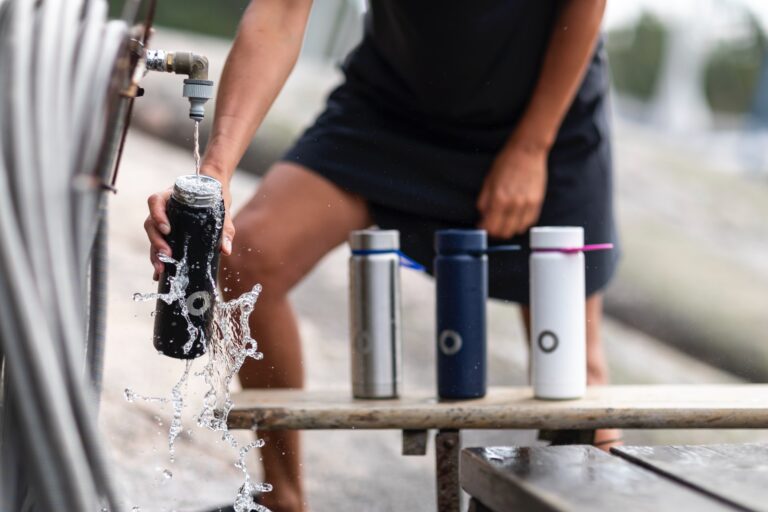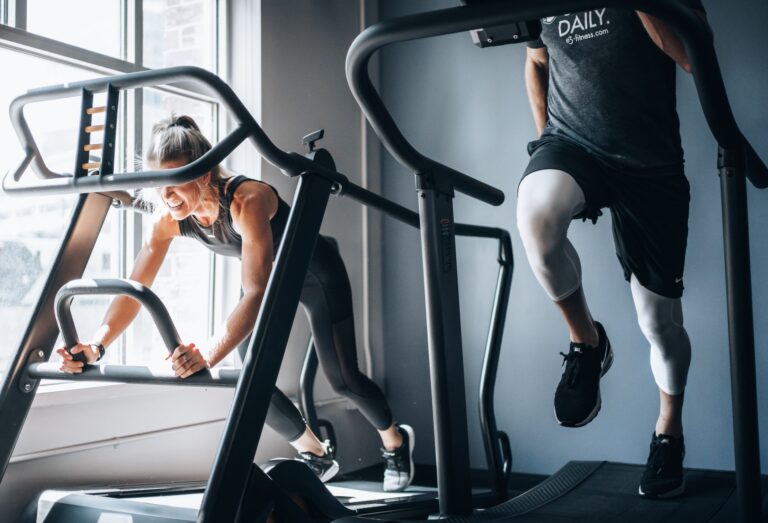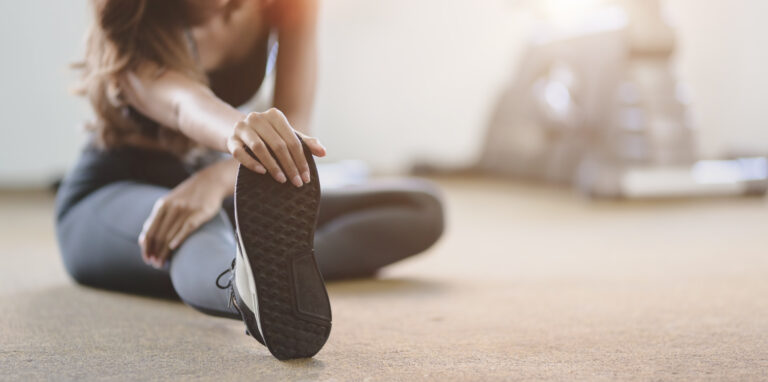There are several reasons people engage in regular workouts; these range from the need to maintain a healthy lifestyle, all-around fitness, weight loss, bodybuilding, among others. If you have a workout routine, you also need an exercise recovery plan. Creating a recovery plan is as important as the workout routine itself. Your recovery routine can impact your fitness performance and the results you get. You can’t train effectively without rest and recovery, and workouts can quickly become toxic if you don’t give your body time to heal and rest. So, how do you do exercise recovery the right way? Well, it’s easy. Continue below for the dos and don’ts of exercise recovery.
Contents
Dos Of Exercise Recovery
-
Drink Water Often:

Never underestimate the importance of water after exercise. The sweat trickles down your face after vigorous exercise is body fluids that need to be replenished. Gulping down enough water would help you prevent muscle soreness, build strength and improve muscle flexibility. If you’re not keen on drinking plain water, you can substitute some water you’re supposed to drink with healthy drinks like coconut water, green or black tea, chocolate milk, or water flavored with natural herbs. Low-sugar sports drinks are good options because they contain sodium, potassium, and electrolytes that could relieve or prevent muscle cramps.
-
Eat Protein:
Diet and nutrition are essential aspects of the post-workout routine. Intense exercise damages the proteins that make up the muscle fibers—eating high-quality protein after a workout gives your body the needed raw materials that help to repair and build muscle mass. However, avoid pre-packaged protein bars and powders because they are heavily processed and have increased sugar content. Food sources of protein that you should opt for include: milk, yogurt, eggs, cheese, lean meats, fish, whey protein, nuts and seeds, soy foods, and other low-sugar protein bars. Read this to know more about bodybuilding and its side effects.
-
Choose Healthy Carbs:
Rigorous exercise depletes the energy stored as glycogen in the muscles. Therefore, you must restore your glycogen levels by choosing healthy carbohydrate food sources. These include sweet potatoes, fresh fruit, whole wheat bread, quinoa, legumes, oatmeal, chocolate milk, whole grain pasta.
-
Ease Off Tension:
Easing post-workout tension can be very therapeutic, especially after intense workout sessions. It would help relieve sore muscles and pains that could result from the exercise. Some of the ways you can ease workout stress include having a hot bath, using heat pads, or getting a massage with ache-relieving creams and gels. You can also get a sports massage or try to self-massage and use foam roller exercises to ease tight muscles. Massages help improve your blood circulation and allow you to relax.
-
Practice A Cool Down:

Workouts and exercises should be capped with a cool down. It allows the heart rate to return steadily to its normal rate. Cooldown activities would help to prevent blood from pooling or clogging in your lower extremities. It includes activities like walking or jogging for a very intense workout. You could also do some stretches that focus on all body areas. If you’re skipping cooldowns, you may start feeling dizzy or lightheaded after your exercise.
-
Relax And Rest:
Rest is a fantastic way for the body to heal and recover by itself. Sometimes, the only thing you have to do to help your body repair and recover at its own pace is to do nothing. If you don’t want to be idle, try some relaxing activities like Yoga, spend some time reading, or take a stroll. It would help your body adapt to the strains and stress of workouts and exercises.
-
Do Stretches:
You should include stretches as a routine after your workout while your muscles are still warm. Although, they shouldn’t be limited to before or after a workout. It is important to stretch every morning. One of the advantages of morning stretches is pain relief. It eases the tension or pain that builds up while sleeping at night. In addition, they help increase the flow of blood to muscles and joints. Constant stretching helps elongate muscles, enhance flexibility, prevent muscle soreness, improve mobility, promote good posture, increase range of motion, and, more importantly, get you revitalized for the day.
-
Enjoy The Relief Of A Cool Shower:
You wouldn’t want to miss out on the relief that cool showers bring, especially during hot weather conditions. Taking a cold shower after a workout session would encourage the rapid healing of your muscles, reduce tension and prevent inflammation. In addition to the rejuvenating effects of cool showers, the Pod Company offers an alternative method for muscle recovery and relaxation. By incorporating an ice bath into your routine, you can experience the soothing benefits of reduced muscle soreness and inflammation, promoting a restful sleep for optimal recovery.
Don’ts Of Exercise Recovery
Delving into the things to avoid, some of the don’ts of exercise recovery are:
-
Stopping Abruptly:

You would be calling cramps and injuries to your muscles if you stop your exercise abruptly. Coming to an immediate stop after your workout could also make you feel lightheaded. Hence it is crucial to cool down the body using any methods mentioned earlier.
-
Alcoholic Drinks:
It is essential to cut down on alcoholic drinks or avoid them if possible. That is because exercising causes dehydration due to loss of body fluids from sweating. This dehydration is worsened with the intake of alcohol. Alcoholic drinks increase the potential for losing water; hence you need to do away with them. If you want to relax and chill after a workout, you can enjoy a cocktail or glass of wine, or better still, water.
-
Eating Sugary Foods:

The cravings for sugary foods often increase after an intense workout. It is because of the energy loss in the body and the urgent need to replenish it with a burst of sugar. However, taking sugary foods means you are signing up for a short-term boost of energy because it would be followed by a drastic fall.
Besides, you can’t get the nutrients you need after workouts from sugary foods. If you’re frequently exercising, you need to accept that you’ll lose essential electrolytes that need to be replenished immediately. Rather than sugary snacks, go for fruits or whole meal foods.
Conclusion
What you do after a workout is as important as the workout itself. It also partly determines the results you get. Good post-exercise practices, like the ones discussed above, can increase muscle flexibility, boost healing, and prevent soreness, aches, and pains from intensive exercise sessions.


















